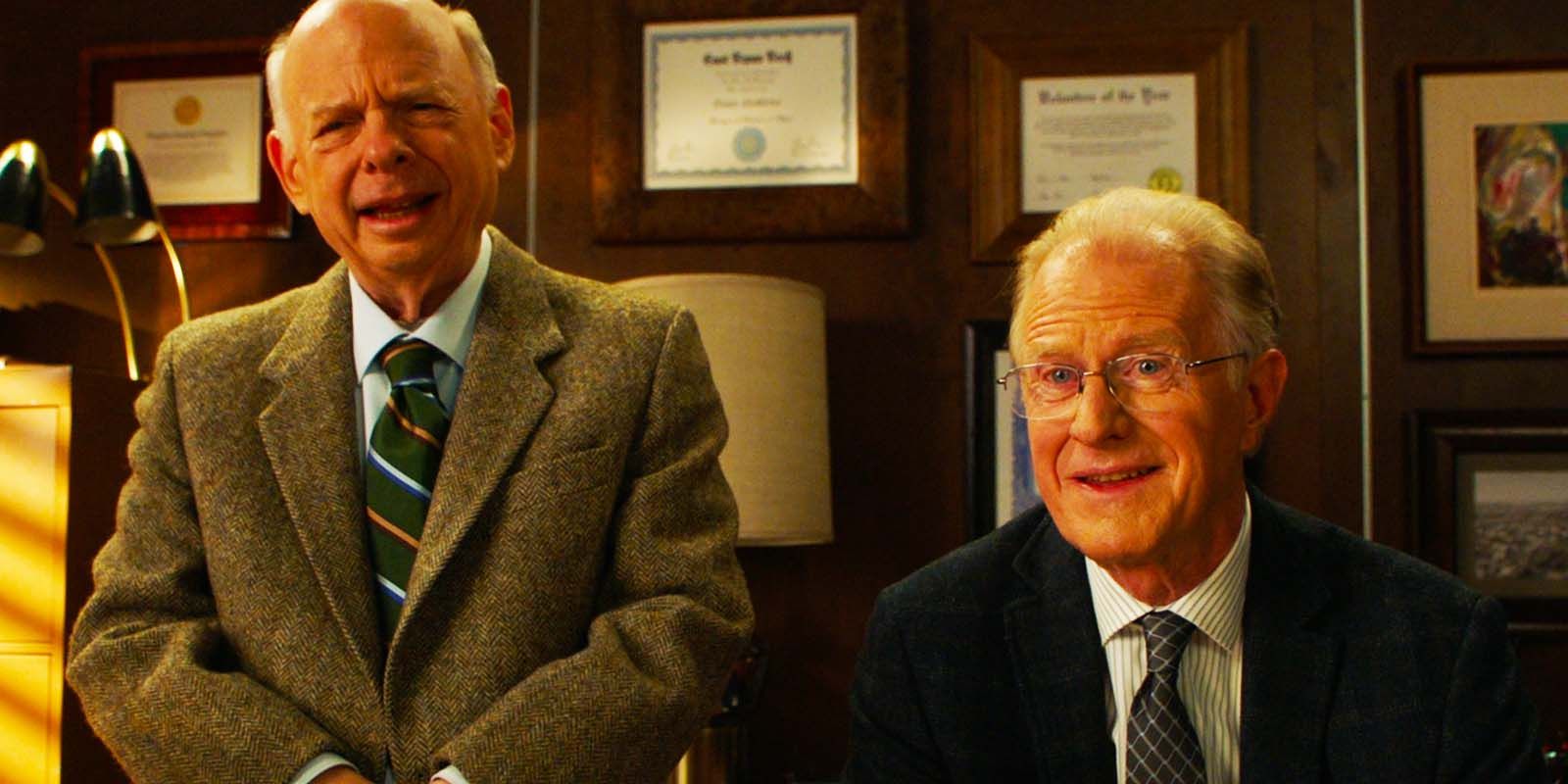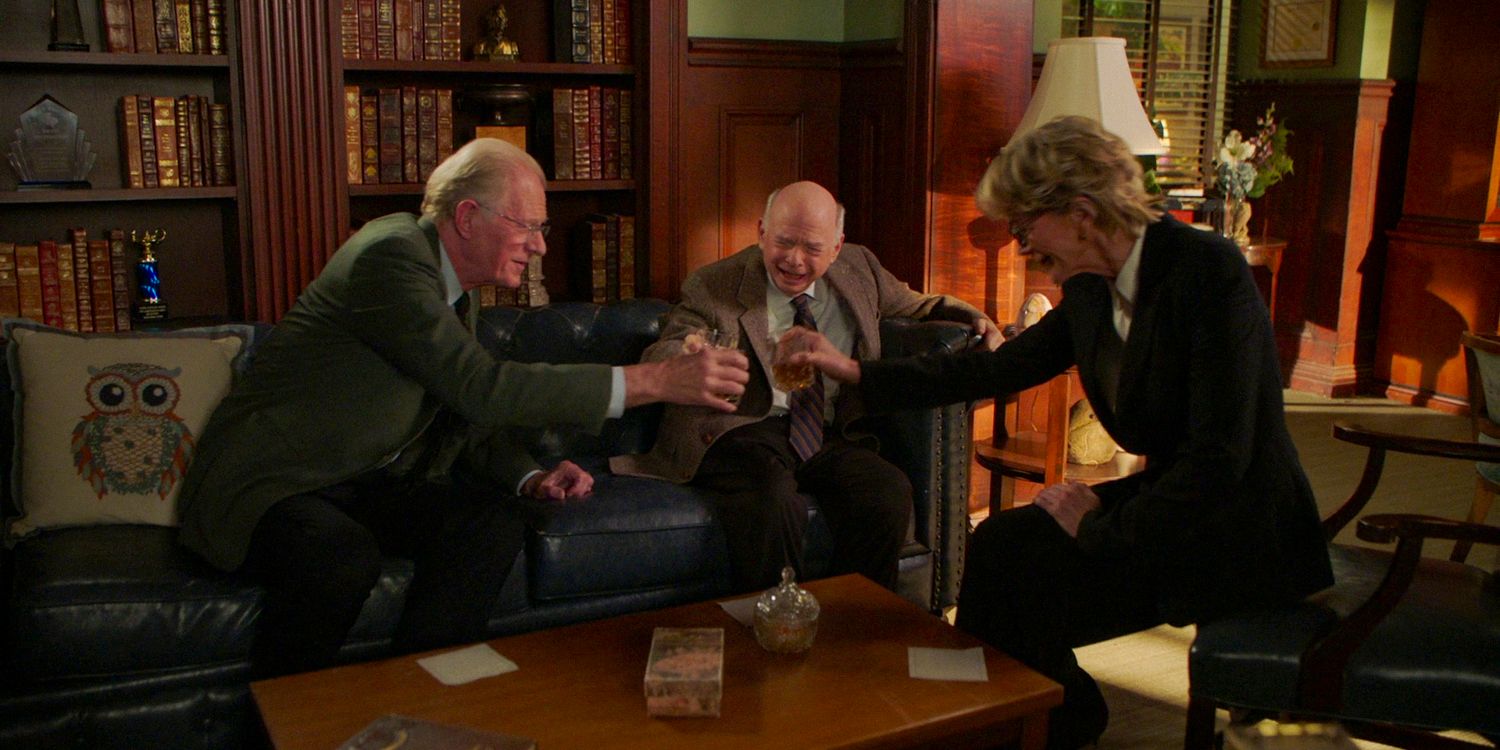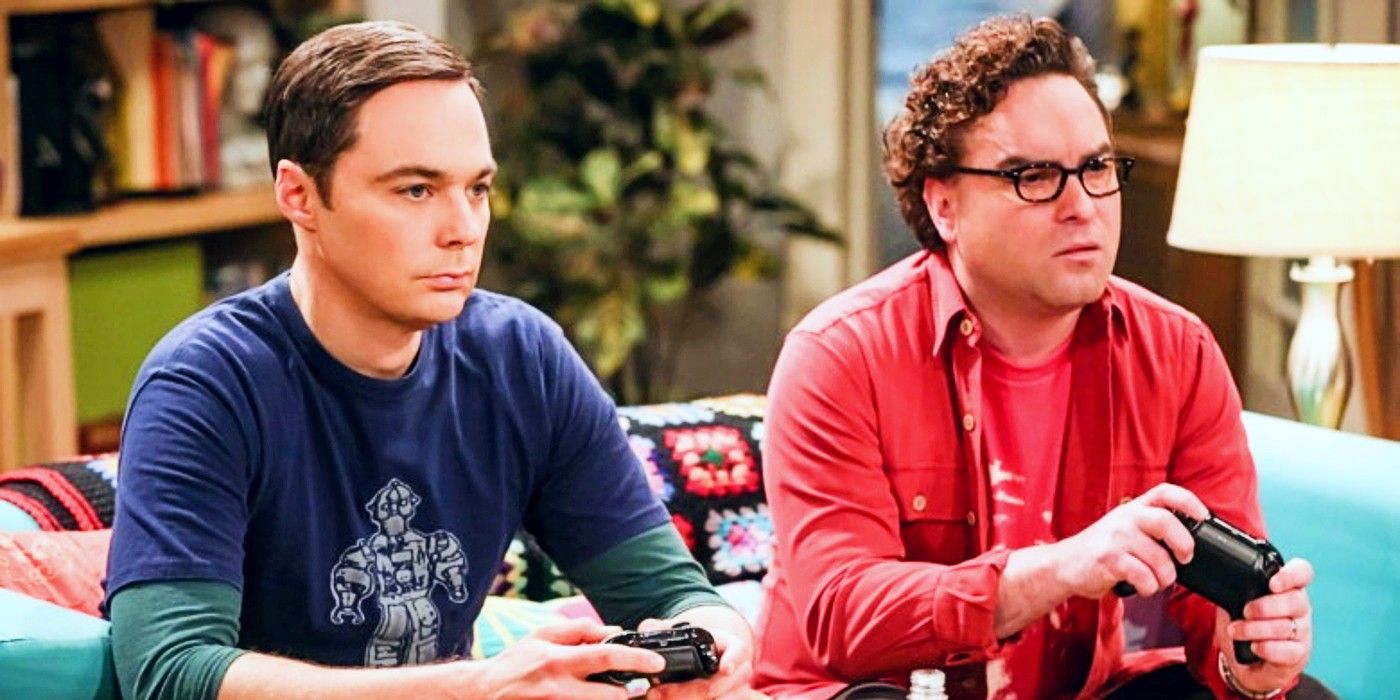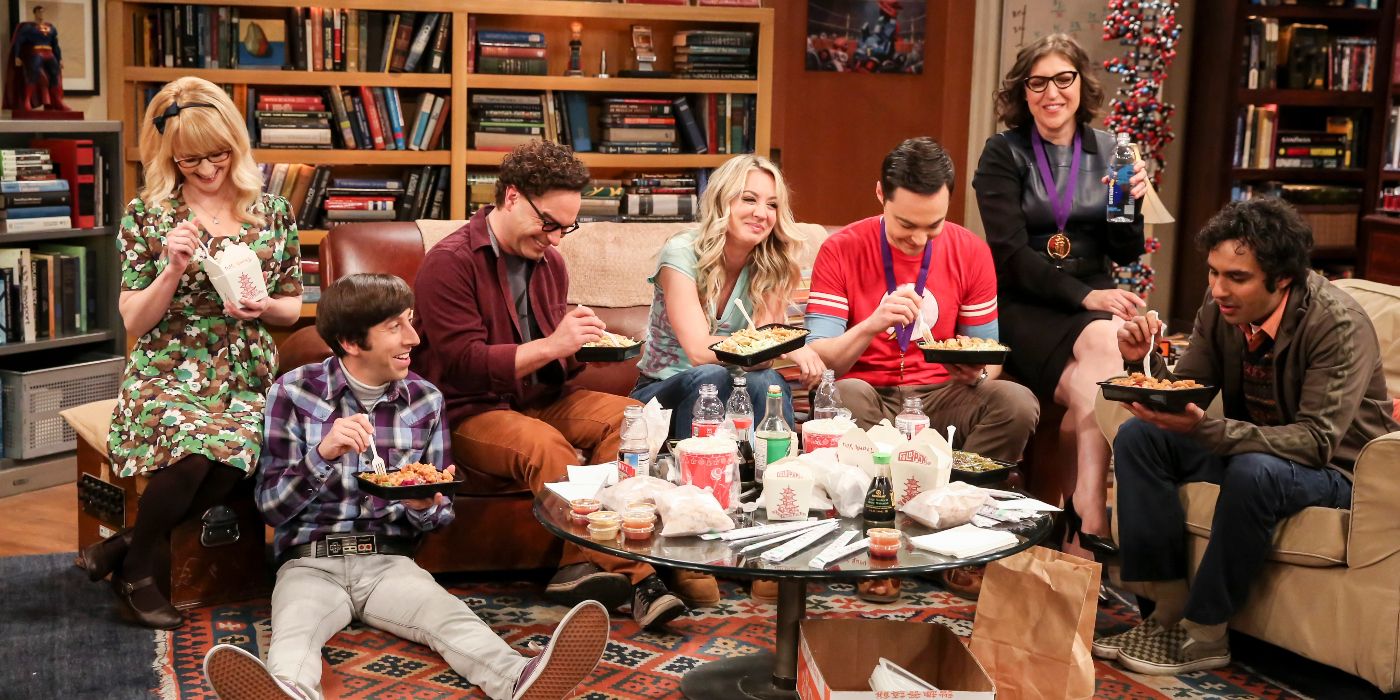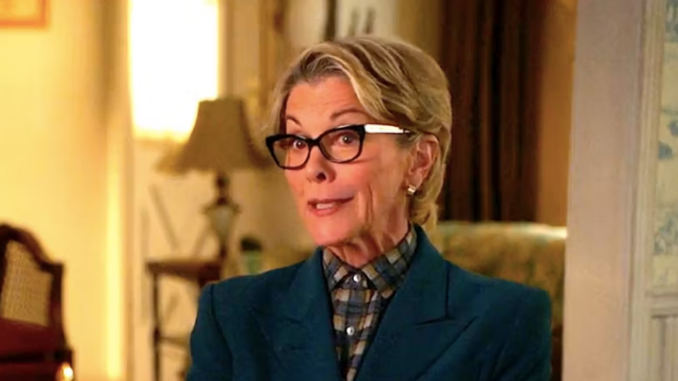
Young Sheldon season 7 ended the title character’s search for his next college and, in the process, set up a recurring gag from The Big Bang Theory.
By ending a long-running Young Sheldon plot, The Big Bang Theory’s prequel perfectly set up a theme that recurred throughout the original series. Sheldon’s backstory was only vaguely sketched in The Big Bang Theory, but this did not stop Young Sheldon’s cast of characters from fleshing out the sitcom antihero’s origins. Young Sheldon took minor characters from The Big Bang Theory like Meemaw, Missy, and Georgie, and turned them into stars in their own right. The prequel also finally introduced viewers to Sheldon’s late father, George Sr, who turned out to be a kinder, warmer presence than Sheldon claimed.
While the prequel had fun exploring Sheldon’s childhood and adolescence in its early seasons, some canon inconsistencies began to creep in as the series continued. Since Young Sheldon’s season 6 finale, the spinoff has done its best to line up its version of events with The Big Bang Theory’s existing story. George Sr’s so-called “Affair” has been explained, as has the reason for Meemaw’s character shift between Young Sheldon and The Big Bang Theory. Both of these were controversial, but they did ensure that The Big Bang Theory and Young Sheldon didn’t contradict each other, as did another subplot.
Young Sheldon’s Sturgis, Linkletter, and Hagemeyer Farewell Set Up Sheldon’s Future
Sheldon’s Longtime Colleagues Admitted Their Shortcomings
Sheldon’s years of struggling with the academic establishment were perfectly foreshadowed in season 7, episode 9, “A Fancy Article and a Scholarship for a Baby.” After Sheldon was published in a prestigious journal, major universities began visiting the Cooper family and trying to entice their son with promises of scholarships and perks. President Hagermeyer soon convinced Linkletter and Sturgis that they needed to hold onto Sheldon since he would be a lucrative source of funding in the years that would follow. Young Sheldon set up The Big Bang Theory’s version of Sheldon with the ensuing storyline.
Throughout The Big Bang Theory, Sheldon’s blunt and guileless approach to interpersonal communication led him to constantly sabotage his own illustrious career. He never grew accustomed to academic conduct. As his trio of colleagues tripped over themselves to trick Sheldon into staying, he remained obstinately unaware of their duplicitous intent. Eventually, Linkletter and Sturgis succeed in manipulating Sheldon into staying, but the pair are too wracked with guilt to go through with this. Despite this, Hagermeyer and the two Physics professors toast to their lack of integrity in the episode’s ending, highlighting the problem Sheldon struggled with years later.
The Big Bang Theory’s Sheldon Struggled With University Politics
Young Sheldon’s Hero Never Grew Accustomed To Education For Profit
When Sheldon needed further funding, he was incapable of understanding why the university wouldn’t simply hand him the money his work required.
From season 10, episode 2, The Military Miniaturization, to season 11, episode 21, “The Monetary Insufficiency,” to season 6, episode 20, “The Tenure Turbulence,” the comically frank Sheldon constantly struggled with the social intricacies and financial interests of university politics. When Sheldon needed further funding, he was incapable of understanding why the university wouldn’t simply hand him the money his work required. When his colleagues were worried that the military would want to take over the development of their project, Sheldon remained blissfully ignorant of this threat. He even struggled to curry favor with senior university officials when promotions were available.
Although some of The Big Bang Theory’s worst episodes focused on Sheldon’s arrogance, this wasn’t the only thing that held him back professionally. The original series and its prequel both repeatedly made it clear that Sheldon’s intellect doesn’t translate to social graces. If anything, Sheldon’s interpersonal skills are pretty lacking and this costs him dearly in the world of academia. “A Fancy Article and a Scholarship for a Baby” set up this storyline when George Sr, a high school football coach, immediately recognized that Sheldon’s publication had sparked a bidding war and acted accordingly, pitting various parties against each other.
Sturgis and Linkletter’s Last Scene Highlighted A Pivotal TBBT Theme
The Two Young Sheldon Supporting Stars Valued Sheldon More Than Money
As Sheldon’s father looked out for his son by getting him the best deal possible, Sheldon proved that he didn’t inherit his father’s canny business sense. Although Young Sheldon’s George Sr and Sheldon do have some similarities, Sheldon’s inability to spot a ruse is unique to him. Luckily, his colleagues at East Texas Tech weren’t willing to exploit the young protagonist’s trusting demeanor in the end. Ultimately, the decision Linklater and Sturgis made also set up a a more heart-warming recurring theme seen throughout The Big Bang Theory.
For all their attempts to sell out, the duo did tell Sheldon to do what was best for Sheldon and for science. Similarly, even The Big Bang Theory’s heroes had to admit that Sheldon’s groundbreaking work was worth his antics. Sheldon’s intelligence led his friends to take care of him professionally, despite how insufferably superior he often acted. Leonard, Raj, Amy, and even Howard and Penny stood up for Sheldon when he was at risk of being conned by the administration and co-workers. Thus, The Big Bang Theory’s hero remained unable to handle the cutthroat side of academia even after Young Sheldon introduced him to this milieu early on.
